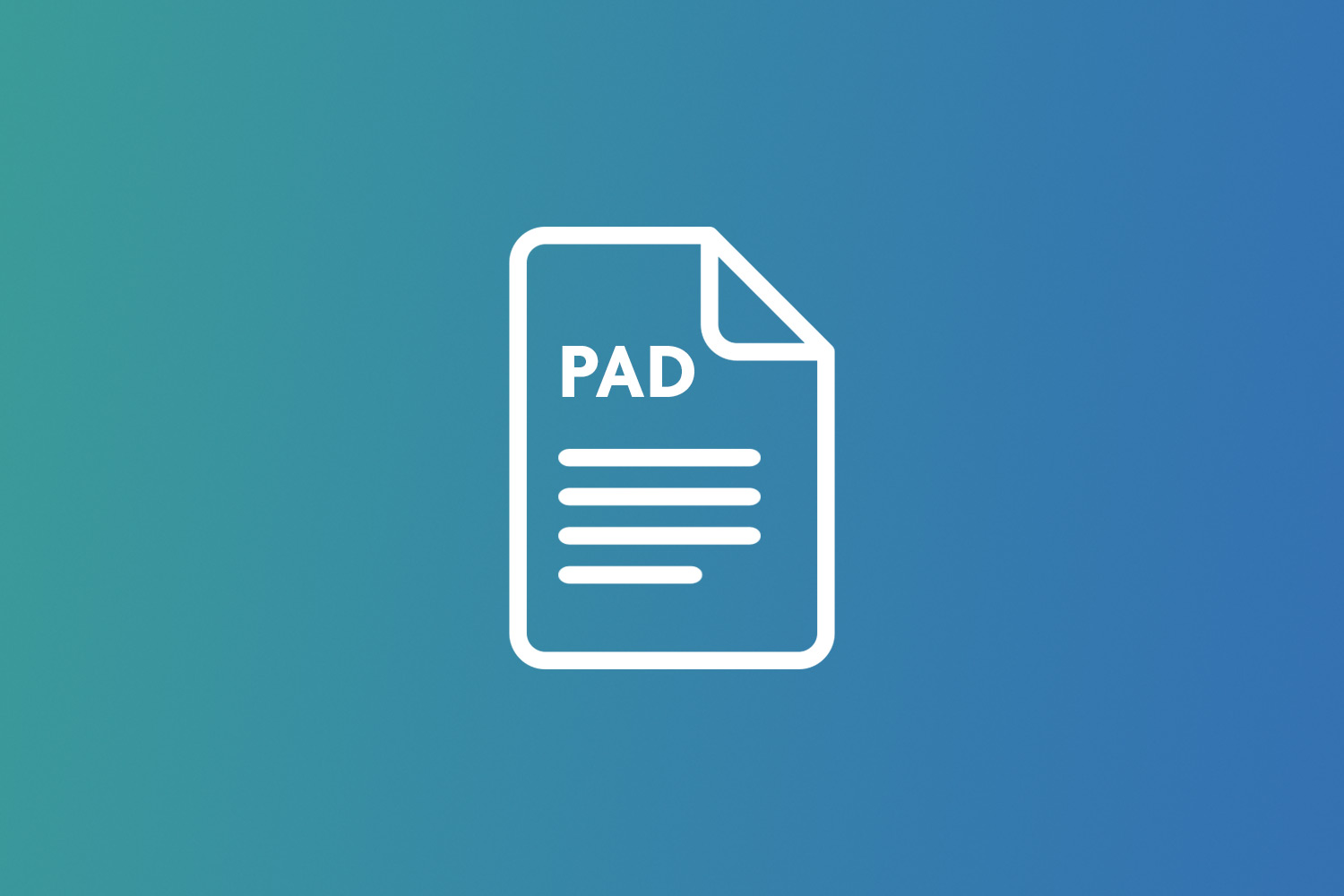Please note there are changes to Rule H1 for pre-authorized debits by Payments Canada. These rules apply starting January 1, 2024.
Here are the changes and what we recommend to comply with them, whether you are using the Rotessa-provided PAD agreement or your own.
In Rotessa, PAD agreement Terms and Conditions can be edited under “Authorization settings”. Learn more about Terms and Conditions.

New rule: Your use of Rotessa as a payment service provider must be identified on your PAD agreement
How to comply:
In your PAD agreement terms, add a statement that names your third-party processor.
Example: “You understand our pre-authorized debits are processed by a registered third-party processor, Rotessa Payments.”
New rule: One-time transactions require their own PAD agreement, valid for only that transaction
How to comply:
When scheduling a one-time transaction, state the transaction date and specific amount in your PAD agreement terms.
Example: “You authorize your account to be debited in the amount of $XX on Month/Day/Year.”
Once a one-time transaction is completed, the PAD agreement is no longer valid for future payments. To schedule a subsequent transaction, acquire a new PAD agreement.
New rule: PAD agreement must identify the event that triggers a pre-authorized withdrawal when not on a set schedule (e.g. payments are sporadic)
How to comply:
In your PAD agreement terms, state the event that triggers a pre-authorized withdrawal.
Example: You acknowledge that the authorization is to allow the business with whom your agreement is with, to debit funds from your bank/credit union account for monthly payments and/or one-time payments based on outstanding charges that trigger an invoice.
If a trigger event cannot be specified, use a one-time PAD agreement for each transaction.
For more information, visit Payments Canada.
Share this content with a friend:
A better way to get paid
Withdraw money directly from your customer’s bank account when their payments are due. Schedule one-time or recurring payments to get paid on time.
